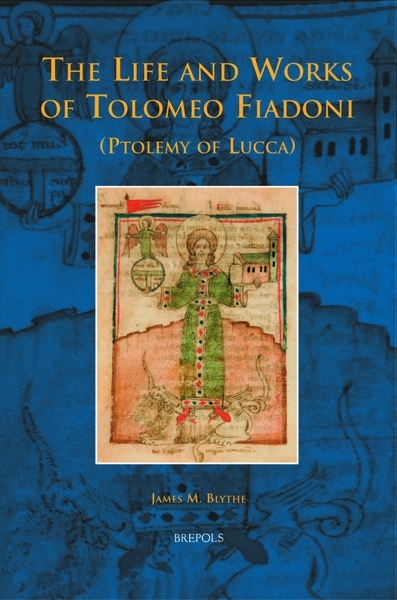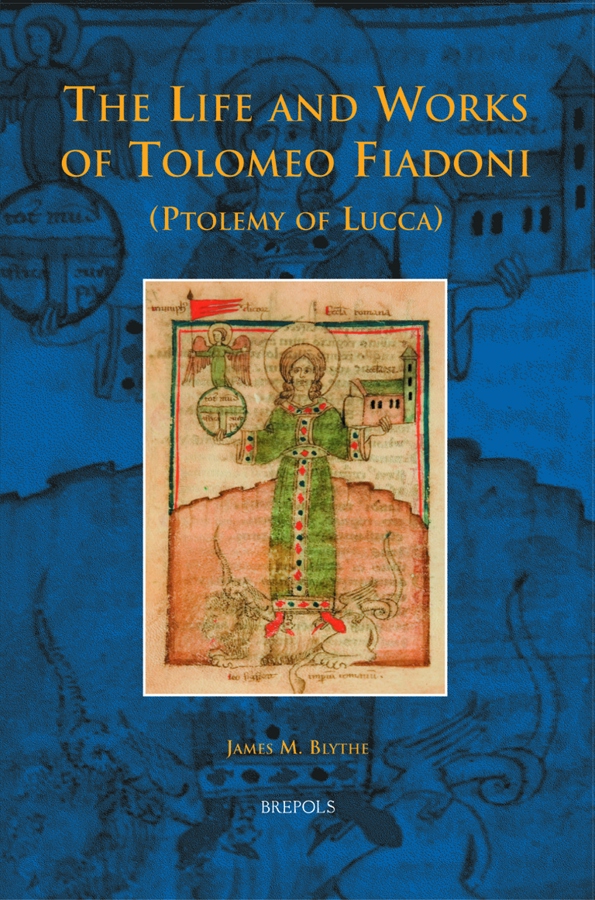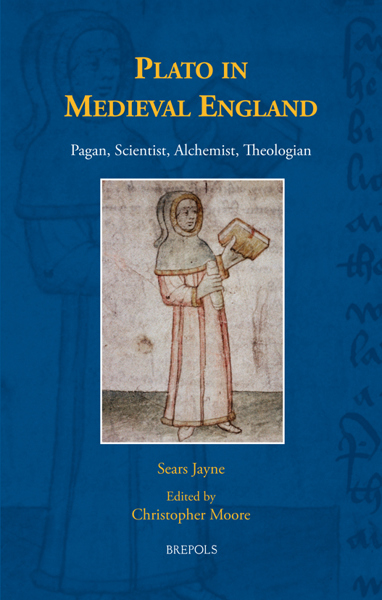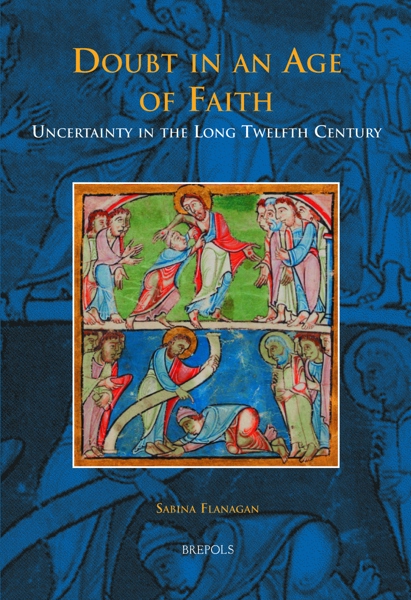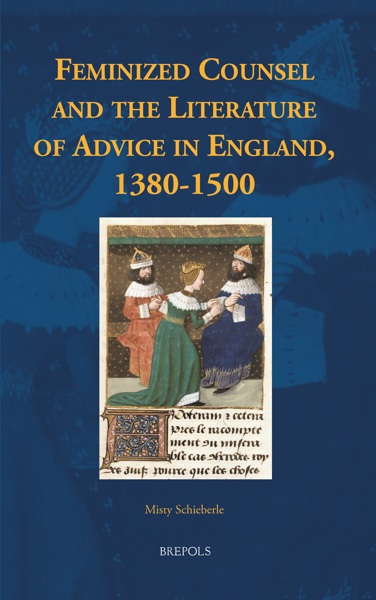
The Life and Works of Tolomeo Fiadoni (Ptolemy of Lucca)
James M. Blythe
- Pages: 276 p.
- Size:156 x 234 mm
- Illustrations:2 b/w
- Language(s):English, Latin
- Publication Year:2009
- € 65,00 EXCL. VAT RETAIL PRICE
- ISBN: 978-2-503-52923-3
- Hardback
- Available
- € 65,00 EXCL. VAT RETAIL PRICE
- ISBN: 978-2-503-55783-0
- E-book
- Available
"In sum, whatever reason brings scholars to Tolomeo, and regardless of whether all end up agreeing with the finer details of Blythe's arguments, all will be thankful for the accessible and readable works he has given us. They are likely to remain the starting point for future studies of Tolomeo for some time to come". (Jonathan Robinson, in The Medieval Review, 11.04.06)
"Anyone who studies medieval intellectual history, in particular those who are interested in the relationship between Augustinianism and Aristotelianism or the medieval origins of Renaissance republicanism, cannot afford to miss these works of exemplary historical scholarship." (Takashi Shogimen, in Parergon 27.2, 2010, p. 209)
"Sie sollten in wissenschaftlichen Bibliotheken vorhanden sein und sind es wert konsultiert zu werden." (J. Miethke, in: Francia Online, 2010/3)
"Blythe's recent two volumes published in the Disputatio series will become a standard introductory reference for their breadth of material and meticulous attention to the prospects and problems introduced by this intriguing Luccan thinker." (Evan Kuehn, in: Mediaevistik, vol. 24, 2011, p. 562)
Tolomeo is known today for his major contribution to republican political thought, most notably his continuation of Thomas Aquinas’s only political treatise. However, he also wrote treatises on imperial and ecclesiastical power, a commentary on the six days of creation, a massive Church history, and a European history from 1063 onward. Drawn from all known surviving sources, The Life and Works of Tolomeo Fiadoni is the first full-length study of Tolomeo’s life. It discusses each of his works, and addresses numerous problems of authorship and dating. Its companion volume, The Worldview and Thought of Tolomeo Fiadoni (Ptolemy of Lucca), provides an in-depth analysis of Tolomeo’s beliefs and thought.
CONTENTS
Acknowledgements ix
Preface xiii
Life, Mind, and Character
Chapter 1: Tolomeo Fiadoni and his Times 3
Chapter 2: Complexity and Contradiction 11
Chapter 3: Sources for Tolomeo’s Life 25
Chapter 4: Biography 31
Works
Chapter 5: De iurisdictione imperii et auctoritate summi pontificis 141
(On the Jurisdiction of the Empire and the Authority
of the Highest Pontiff, better known as Determinatio
compendiosa de iurisdictione imperii)
Chapter 6: De operibus sex dierum (On the Works of the Six Days, 149
better known as Exameron)
Chapter 7: De regimine principum (On the Government of Rulers) 157
Chapter 8: Annales (Annals) 191
Chapter 9: De origine ac translatione et statu Romani Imperii 195
(On the Origin and Translation and State of the
Roman Empire)
Chapter 10: De iurisdictione ecclesiae super regnum Apuliae et Siciliae 199
(On the Jurisdiction of the Church over the Kingdom
of Apulia and Sicily)
Chapter 11: Historia ecclesiastica nova (New Ecclesiastical History) 203
Chapter 12: Lost and Apocryphal Works 211
Appendix 1: Chronology of the Life, Times, and Works 219
of Tolomeo Fiadoni
Appendix 2: Selected Documents 239
Appendix 3: Corrections to my Translation of De regimine principum 247
Bibliography 251
Citation Index to the Works of Tolomeo Fiadoni 265
General Index 267
